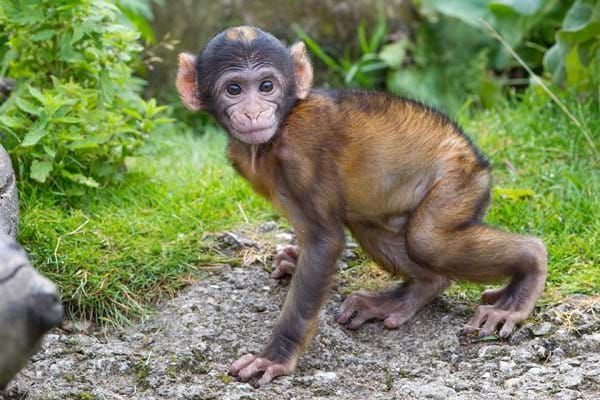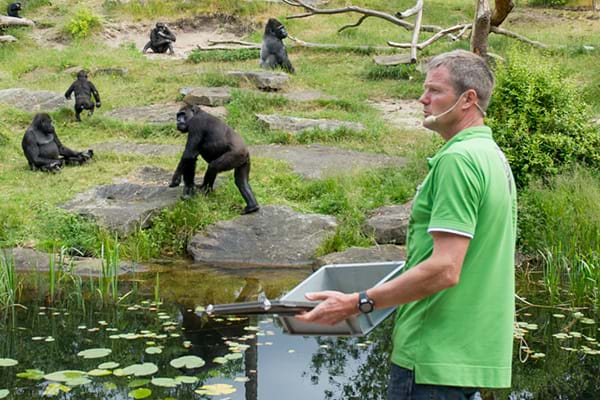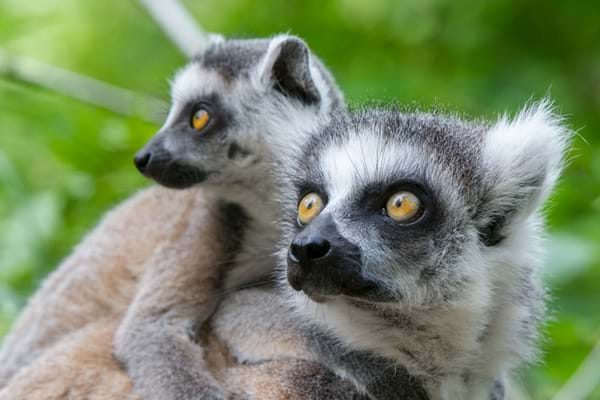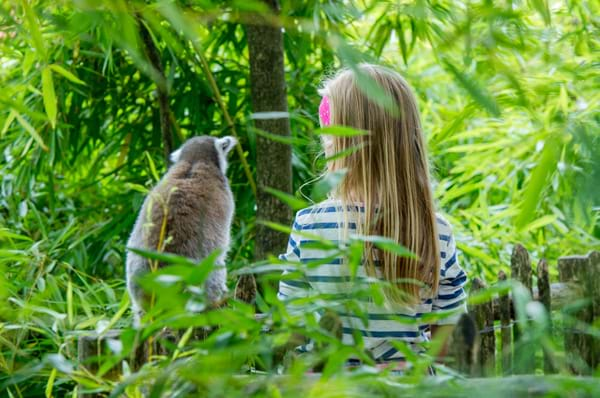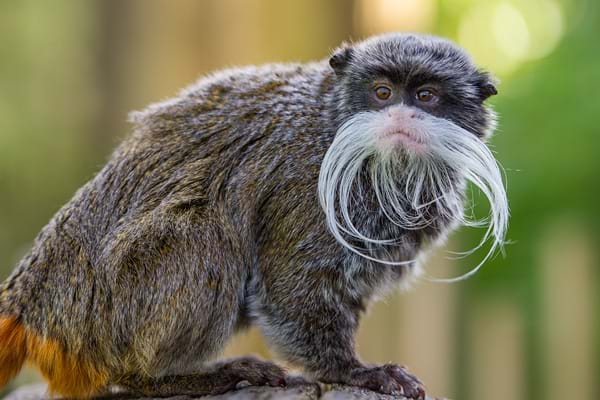Apenheul uses functional and analytical cookies to analyse the visiting behaviour on this website and to ensure optimal usability. We also use tracking cookies that can be processed to send you information that matches your personal preferences and settings. Please view our Privacy Statement for more information. If you would like to know which cookies we place, please have a look at our cookie overview. In order to use tracking cookies, we need your permission. There are no consequences for the functioning of the website if you do not grant permission. Do you agree to the use of tracking cookies?
-
How many primate species are there at Apenheul?
The number can vary. At the moment we have about 35 primate species at Apenheul.
-
How did you get all those primates?
Dozens of years ago, zoos sent expeditions to faraway countries to collect animals for the zoos. Fortunately, this doesn’t happen anymore! Nowadays zoos are mainly interested in protecting animals. The primates living at Apenheul were almost all born in a zoo.
-
What do the primates eat?
Each primate gets a special primate diet. That diet differs from species to species. Most primates eat lots of vegetables and fruit, such as endive, leeks, tomatoes, carrots, grapes, avocado… the list goes on. Some primates like to eat leaves. Pygmy marmosets and squirrel monkeys also like insects.
Many people think that primates eat lots of bananas, but that’s not true. Bananas are not at all that healthy for primates. They contain lots of sugar. That’s why the primates at Apenheul only get a banana every now and then.
-
How are primates moved to other zoos?
When primates move to a different zoo, we preferably move them by car. Usually a caretaker travels together with the animal. It’s nice for the animal to know a friendly face during the trip and the first days at its new home. Because a relocation is quite something.
-
How old can primates become?
The age of primates differs per species. Gorillas, orangutans and bonobos can reach 45 to 50 years. Squirrel monkeys often reach the age of 20, and a golden lion tamarin is already very old at 14.
-
Are you allowed to stroke the primates?
No, our animal caretakers don’t stroke the primates either. Primates don’t enjoy being stroked or held. It makes them feel threatened. That’s why we let them be.

